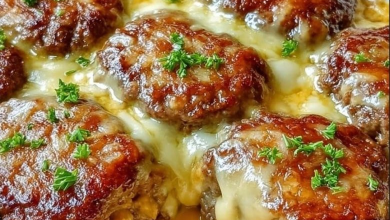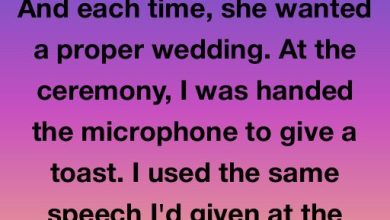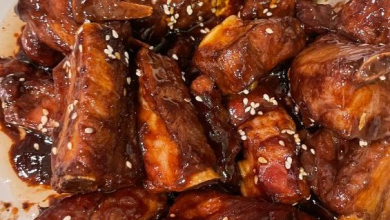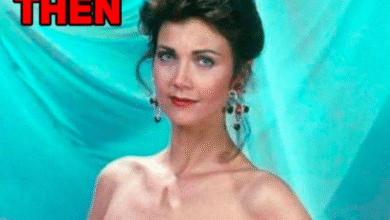Biker Bought Teenage Girl At Gas Station Human Trafficking Auction For $10,000

The biker overheard three men bidding on a teenage girl in the gas station bathroom at 3 AM—as if she were livestock.
I’d pulled off I‑70 outside Kansas City for gas and coffee. I was exhausted, having ridden twelve hours straight. That’s when I heard voices through the men’s room wall. Three men arguing prices. Then a fourth voice: a young girl, terrified, begging to be released.
“Fifteen hundred,” one said. “She’s damaged goods. Tracks on her arms—nobody wants a junkie.”
“Two grand,” another countered. “She’s young. Fourteen, fifteen. Still profitable.”
The girl’s voice cracked, “Please… let me call my mom…”
They laughed. I heard a slap. Then one man raised his voice:
“Five thousand. Final offer. I’ll take her to Denver. She’ll pay back tenfold.”
And then the bathroom door opened. They led her out. That’s when I saw her face—bruised, eyes empty. She looked right at me. Mouthed: “Help me.”
I had exactly seven seconds to decide whether to intervene or walk away and pretend I heard nothing.
My name is William “Hammer” Davidson. I’m sixty-nine. A Vietnam vet. I’ve ridden Harleys for decades. I’d seen horrors in war I thought I could never forget—but nothing prepared me for that moment.
I approached them at the exit. They flinched when they saw me—dusty biker, muscles worn. One reached back. Probably a gun. But I spoke first:
“Gentlemen, got a minute?”
They were silent.
“You heard me. How much for the girl?” I asked, firm.
They exchanged looks. One said, “Ten grand. Non-negotiable.”
I pulled out cash: “I have ten grand right now.”
They hesitated. Tension mingled with fear and calculation. They asked: “Who are you?”
I looked at the van—no plates, tinted windows. “You’re running. You need cash.”
They blinked. One finally nodded. “Deal.”
They grabbed the money, bundled her into the van, and drove off. I memorized everything—van make, dent on the side, broken taillight.
I turned to her. She backed away. “Don’t touch me,” she said.
“I won’t,” I replied. “But I’m calling help.”
She begged me not to—said she’d be sent back. She told me her story: she was in foster care, trafficked by a woman she trusted. She thought no one would believe her.
She was Macy Rodriguez, sixteen, addicted, broken—but alive.
I called a lawyer in my club. He mobilized a safe house outside the system. No foster care, no corrupt oversight. Safe place run by people who’d been victims too.
The police got involved. With my dashcam footage, we busted the ring. Mrs. Patterson, the group-home operator, was arrested. Seventeen girls gave testimony.
Macy stayed in recovery. Cleaned. Learned trust. She asked me one day, “Why’d you help me?”
I answered: “Because you asked.”
Years later, she graduated social work, now helps trafficking survivors. She rides—a Harley. Her own. Purple, bold, free.
We ride side by side sometimes. She helped start a ride fund-raiser—“Run for Freedom.” Hundreds of bikers, tens of thousands raised.
She tells the story now:
“They were bidding on me in a gas station bathroom. I gave up. Then a biker overheard and intervened. He didn’t buy me—he saved me. He turned my life inside out. He’s my dad now. He’s the one who never looked away.”
He never looked away.
Because sometimes, saving someone comes down to those seven seconds. To refusing to walk away. To choosing to see.
And one dusty biker stopped at that exact moment.
That’s how a girl survived. And how she found her voice again.



